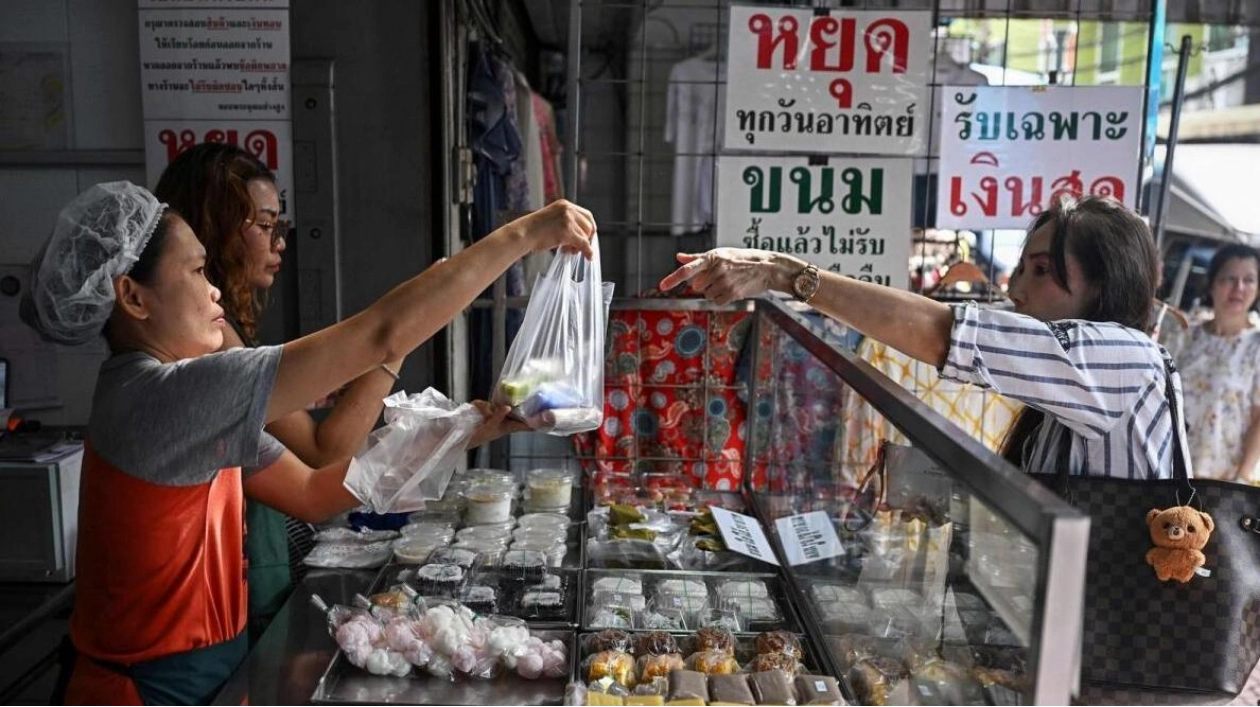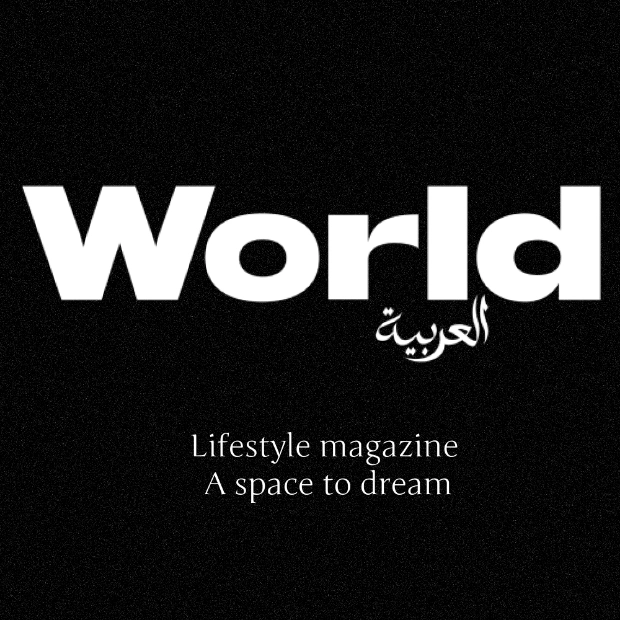Every year, the world generates approximately 400 million tonnes of plastic waste, a significant portion of which is discarded after only a few minutes of use. This year, negotiators aim to finalize the world's first treaty on plastic pollution. However, across five diverse countries, AFP discovered that single-use plastic remains highly popular due to its affordability and convenience, highlighting the challenges that lie ahead.
In Bangkok, along a street teeming with food vendors, customers eagerly queue for Maliwan's renowned traditional sweets. These delicacies, such as green steamed layer cakes made with pandan leaf and blue ones with butterfly pea, are packaged in clear plastic bags. Taro pudding is similarly encased in plastic boxes. The 40-year-old business uses at least two kilos of single-use plastic daily. "Plastic is easy, convenient, and cheap," explained 44-year-old owner Watchararas Tamrongpattarakit. While banana leaves were once the norm, they have become increasingly costly and difficult to source. Additionally, each leaf must be meticulously cleaned and inspected for tears, making them impractical for the business's high sales volume.
Thailand began restricting single-use plastic before the pandemic, urging major retailers to cease providing free bags. However, this policy has largely been ignored by the country's street vendors. Thailand generates two million tonnes of plastic waste annually, with the World Bank estimating that 11% remains uncollected, often being burned, landfilled, or released into rivers and the ocean. Watchararas attempts to minimize plastic use by consolidating purchases into fewer bags, and some customers bring their own reusable containers. Nevertheless, long-time Maliwan customer Radeerut Sakulpongpaisal finds plastic convenient, despite acknowledging its environmental impact.
In Lagos, Nigeria's economic hub, the Obalende market is strewn with discarded water sachets. Lisebeth Ajayi observes dozens of customers daily using their teeth to open bags of "pure water" and drink. "They can't afford bottled water, so they opt for the sachets," said the 58-year-old vendor, who sells both bottles and bags of water, along with soap and sponges. Since their introduction in the 1990s, water sachets have become a significant pollutant across much of Africa but remain popular for drinking, cooking, and washing. Lagos banned single-use plastic in January, but the ban has had little effect so far.
In Rio de Janeiro, vendors traverse some of the city's most picturesque beaches, carrying metal containers filled with the tea-like drink mate. This iced beverage, infused with fruit juice, is served in plastic cups to sunbathers. "Drinking mate is part of Rio's culture," noted Arthur Jorge da Silva, 47, as he sought customers. Despite recognizing the environmental impact of the plastic cups, he finds it challenging to source affordable alternatives. Plastic cups have been a staple for beach vendors for as long as he can remember. Bins along Rio's beaches collect around 130 tonnes of waste daily, but plastic is not separated, and only 3% of Brazil's waste is recycled annually.
In France, single-use plastic has been banned since 2016, yet plastic bags remain prevalent. At Paris' Aligre market, stalls are laden with fruit, vegetables, and stacks of bags ready for distribution. Most bags are labeled "reusable and 100% recyclable," with some described as compostable or made from natural materials. However, experts question the environmental benefits of these claims. Vendor Laurent Benacer uses a 24-euro ($26) box of 2,000 bags weekly. "In Paris, everyone asks for a bag," he said. While alternatives like paper bags exist, some customers remain unconvinced of their practicality.
In Dubai, at the Allo Beirut restaurant, plastic containers await filling and delivery across the city. "We receive over 1,200 orders daily," said delivery manager Mohammed Chanane. "We use plastic boxes because they are more airtight and better preserve the food." With few pedestrians and a hot climate, many of Dubai's 3.7 million residents rely on delivery services. The UAE has one of the highest waste volumes per capita globally, with single-use plastic accounting for 40% of all plastic used. Since June, single-use plastic bags and similar items have been banned, with polystyrene containers set to follow next year. Allo Beirut is considering switching to cardboard containers, a move welcomed by customer Youmna Asmar.






